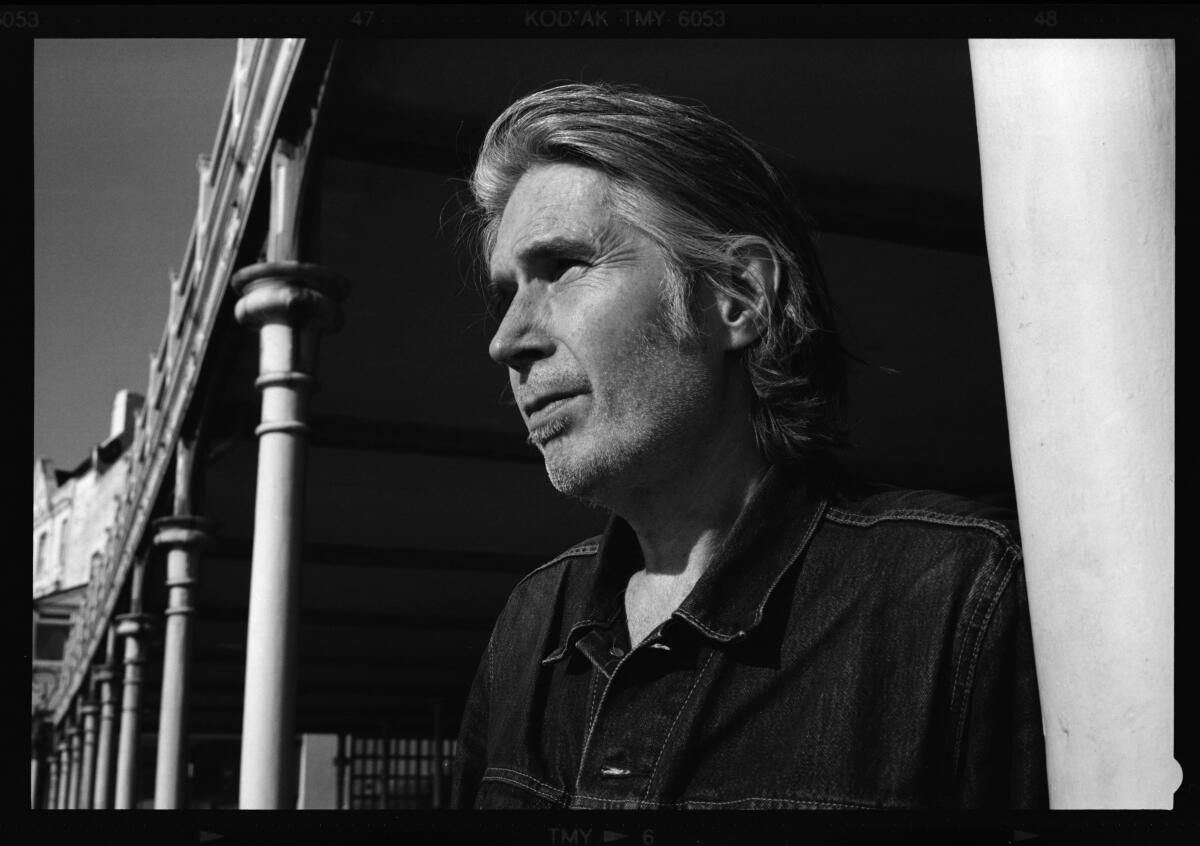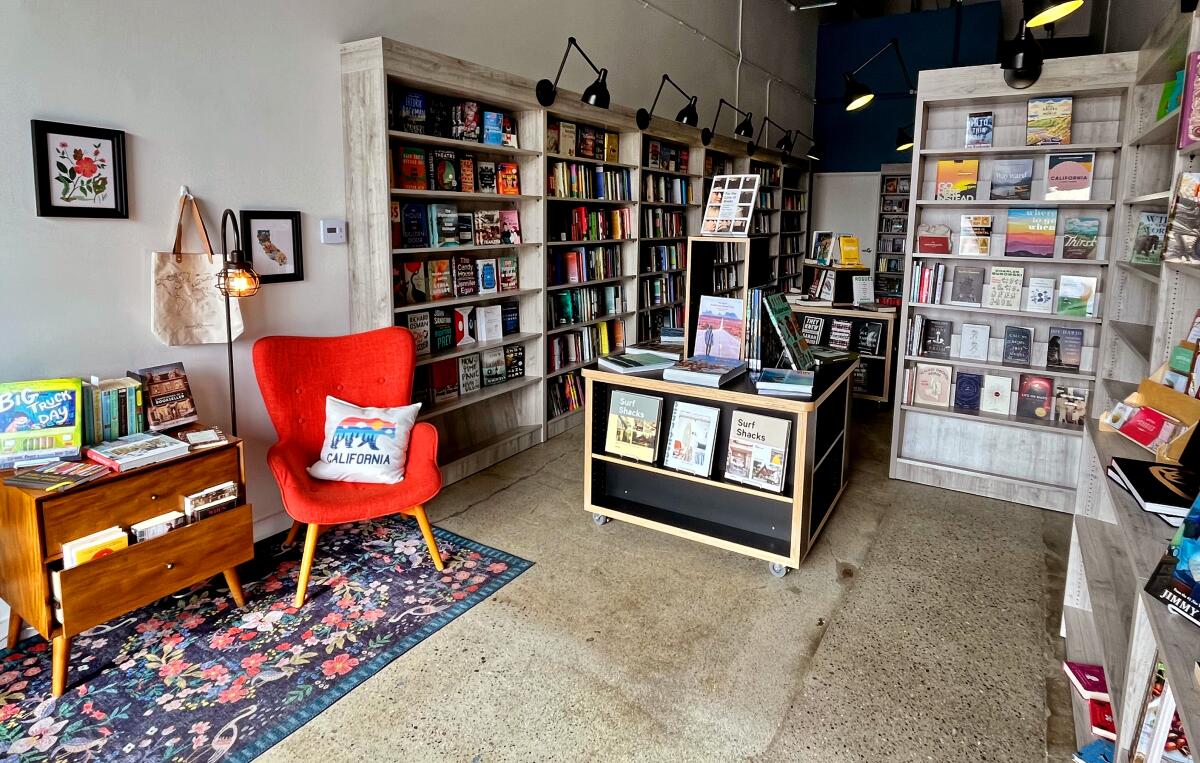For over 40 years, Scott Anderson has been one of America’s most incisive foreign correspondents, filing dispatches from trouble spots around the world with a novelist’s eye and a talent for disentangling complex issues. The author of seven previous books, Anderson’s latest is “King of Kings,” an immersive history of the events that led to the 1979 downfall of the shah of Iran and the rise of Ayatollah Ruhollah Khomeini’s theocratic republic. Anderson traces the roots of the Iranian revolution to the U.S. government’s sponsorship of the 1953 coup that restored Mohammad Reza Pahlavi to power. A creeping co-dependency between the U.S. and Iran followed, abetted by massive military and oil contracts, at the same time that U.S. representatives in Iran turned a blind eye to the shah’s abuses of power and, later, Khomeini’s anti-Western jihadism.
I spoke with Anderson about his book, and the long tail of missteps that led to the occupation of the United States Embassy by Khomeini’s followers on Nov. 4, 1979.
Newsletter
You’re reading Book Club
An exclusive look at what we’re reading, book club events and our latest author interviews.
You may occasionally receive promotional content from the Los Angeles Times.
(Please note: The Times may earn a commission through links to Bookshop.org, whose fees support independent bookstores.)
✍️ Author Chat

Author Scott Anderson.
(Nanette Burstein)
The overall feeling I get reading the book is fecklessness and foot–dragging on the part of the American government in the service of protecting our oil sales and military contracts with Iran. There seems to be a complete misunderstanding of, well, just about everything.
Even after the revolution when Khomeini had come in — that nine month period before the hostages were taken — the Americans pretty much replicated the mistakes they’d made with the shah. There’s this whole idea of like, well, they’re going through this revolutionary anti-American fervor right now, but they need us. They’re going to come back around because our economies are so intertwined. All their weapons are American, so they’re going to need us to service them. So there’s just this manner that everything was going to work out and, of course, that became institutionalized.
With a few exceptions, none of the U.S. officials in Iran even spoke Farsi. You talk about how they had all those cassettes of Khomeini’s speeches in the drawers at the CIA and no one bothered to translate them.
So Khomeini comes back from exile on Feb. 1, 1979, with 4 million people greeting him. He goes to the cemetery to give his inaugural speech and the Americans don’t even send an embassy worker. They don’t even send a local out to the cemetery to hear the speech. They didn’t know whether it is a pro- or anti-American speech. It was just astonishing.
Do you feel like 1972 is the turning point? This is the year that President Nixon lifted all restrictions for arms sales to Iran.
I really do. And for what I think is a pretty interesting reason. The shah was a congenitally insecure man. He could never be affirmed enough. And it doesn’t matter how many presidents said, “You’re our man,” he always needed to hear more and more. So what happened in ’72 was the shah’s dream came true. He had knelt at the feet of FDR in 1943. Kennedy was dismissive of him. He had always been trying to push in the door with the Americans. He’d been humiliated again and again. And now he’s got carte blanche from Nixon and Kissinger. This is when you saw the huge escalation in arms purchases and the catapulting of the Iranian military into the first tier of militaries around the world.
Do you think the revolution could have been prevented?
I spent a lot of time studying the revolution as it unfolded, and what struck me was how mysterious the whole thing was, how it came to be. There were so many moments where the outcome might have been different. If the shah’s confidante Asadollah Alam hadn’t died in the early days of the revolution, for example, because he was decisive and the shah was not. There were so many odd quirks that took things down a certain path.
📰 The Week(s) in Books

Justin Currie, lead singer of Scottish rock band Del Amitri, chronicles his struggle with Parkinson’s in the book “The Tremolo Diaries.”
(Colin Constance)
“Helen Oyeyemi’s books are getting weirder — and I mean that in the best way,” Ilana Masad writes about the author’s new novel, “A New New Me.” “Such whimsy … could be overwhelming, but Oyeyemi is such a confident writer … that you know you are in good hands.”
R.F. Kuang’s new novel, “Katabasis,” is “a dark academic fantasy” that is “more mature and less showy” than the author’s earlier works, according to Valorie Castellanos Clark.
David Baron has written a book called “The Martians” about the frenzy over extraterrestrial life that gripped America at the turn of the 20th century, and Chris Vognar approves. Baron “approaches his subject with clarity, style and narrative drive,” he writes.
Finally, Stuart Miller talked with Justin Currie of the band Del Amitri about his new book, “The Tremolo Diaries,” about Currie’s struggles with Parkinson’s disease.
📖 Bookstore Faves

Malibu Village Books is the only general interest bookstore in Malibu. We spoke to owner Michelle Pierce about the beachside literary hub.
(Malibu Village Books)
Malibu Village Books is the first new bookstore to arrive in the beach city in 15 years. A small yet inviting space with a well curated selection of books, the store has had its share of challenges over the past year. I spoke to the store’s owner, Michelle Pierce, about it.
This is the first new bookstore to open in Malibu in quite some time. How did you come to open it?
I also own Lido Village Books in Newport Beach, and the owners of the Malibu Village Mall came by and liked what I was doing there, so they asked me if I wanted to open a store in their mall.
What is selling right now?
“My Friends” by Fredrik Backman, “The River’s Daughter” by Bridget Crocker and a big preorder for “By Invitation Only” by Alexandra Brown Chang.
How have the fires affected business?
The fires have affected us enormously. With the Franklin fire, we lost so much of our holiday book sales, and then the Palisades fire shut down PCH for six months. So our sales are definitely down, and the summer tourism traffic has not been what it should be, so yes, we are definitely in a challenging period.
What about the locals? Are they shopping in your store?
Local residents are really excited that we’re here. We have a lot of active book clubs, and we’re working with the library on a lecture series at the Soho House, where we will bring in authors to speak. We’re still fighting, and the community is definitely supporting us. It’s true what they say — bookstores are all about community.
Malibu Village Books is located at 23359 Pacific Coast Highway #23359, Malibu, 90265.
